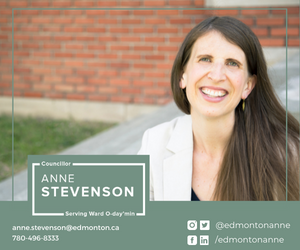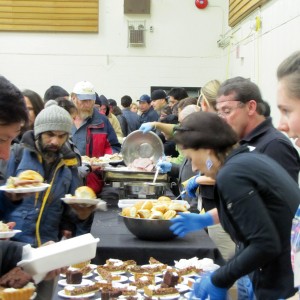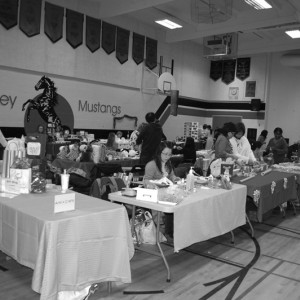The Aging Brain
This information about the aging brain is taken from a favourite book of mine: The Mature Mind by Gene Cohen. I heard Dr. Cohen speak at another conference (not the one I talked about last time) and I immediately went out and bought dozens of his books and have been giving them away ever since. I think they are a must read for everyone in their 50s or older. Cohen describes both the aging brain and personality characteristics as we age. I will write about the aging personality development in a future column. Here I am going to talk about the aging brain.
Many of us learned the following “facts” about brains:
- The brain cannot grow new brain cells.
- Older adults can’t learn as well as younger adults.
- Brain connections are relatively fixed throughout life.
But these “facts” are wrong.New research has shown the following:
- New brain connections do form throughout life.
- The brain is continually reshaping itself as a result of living and learning.
- The way the brain handles emotional events matures and becomes more balanced with age; and,
- The two hemispheres of the brain are more equally used by older adults.
We now know that learning actually causes the brain to change, or reshape itself. While the neurons or basic cells of the brain don’t expand, the brain of an older adult would look quite different than the brain of a 20 year old. The parts of the brain that an older person has used continually would look like a dense forest of thick mature trees in comparison to a younger adult brain. Not only does learning cause brain cells to link in new patterns, it stimulates growth and new connections called synapses and dendrites. The brain rewires itself as we learn. Moreover, that part of the brain which specializes develops the most. For example, musicians have increased functioning in the part of the brain associated with hearing, tone, and pitch just as taxi drivers’ brains are more developed in that part relating to geographical layout; that is, understanding how to get around.
We now know that learning actually causes the brain to change, or reshape itself.
By continuing to learn and have new experiences, our brains continue to build and remodel. Older brains have learned more than younger brains and this is important because many aspects of our lives are very complicated. Human relationships, for example, are extremely complicated and it can take a long time to learn to be a really effective social worker, manager, or politician. Because of the greater number of synapses and dendrites, older brains process emotional events much more quickly and older adults therefore are more stable in their emotions and feelings. Of course, older brains simply have more information which, as noted above, changes parts of our brains that we use the most.
However, there are pitfalls to sustaining a healthy brain. Stressful events, excessive alcohol and drug use, inactivity, smoking, obesity, malnourishment, and social isolation all weaken the brain’s capacity to sustain and develop. In fact, Cohen writes, these are the real culprits behind age-related mental decline, not aging itself.
As we age, therefore, it is important to try new experiences (like writing a column for the newspaper), to be engaged in our community, and to be socially active. Physical activity is also important. New research shows that doing weight-bearing exercises not only improves our cardiovascular system (heart and blood pressure) but also improves problem-solving abilities and that this is true even if we start these activities in our 70s.
Recently at a social gathering a younger person, in an ageist moment, commented that older people don’t challenge themselves. It is important for aging adults to challenge ourselves, to be an “edge walker,” and to help our brains to continue to develop.








